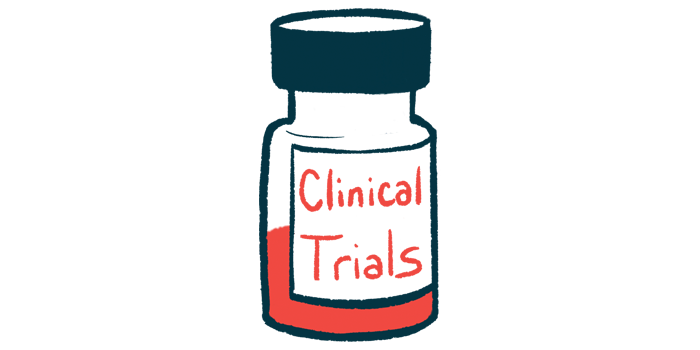NLRP3 inhibitor VTX3232 heads to Phase 2a Parkinson’s clinical trial
Therapy will be tested in early Parkinson's patients in second half of 2024
Written by |

Ventyx Biosciences plans to launch a Phase 2a clinical trial testing VTX3232, an oral medication designed to reduce inflammation by blocking the activity of the NLRP3 protein, in people with early Parkinson’s disease in the second half of this year.
Top-line results from a Phase 1 study in healthy volunteers showed the NLRP inhibitor worked as intended and was well tolerated, Ventyx said in a press release.
Those results, along with added financing and encouraging top-line data from a Phase 2 trial of another NLRP3 inhibitor, VTX2735, in patients with other inflammatory conditions, led the company to announce a “pipeline reprioritization,” said Raju Mohan, PhD, CEO of Ventyx.
Resources will “be focused on advancing our portfolio of potential best-in-class NLRP3 inhibitors in high-value indications with substantial unmet medical need,” he said.
The NLRP3 protein is part of a molecular complex called the inflammasome. When this complex is activated, it triggers a potent inflammatory response, causing cells to release large amounts of an inflammatory signaling molecule called interleukin-1 beta (IL-1beta) to help the body fend off infection.
NLRP3 inhibitor designed to ease brain inflammation
Evidence increasingly indicates that abnormal NLRP3 inflammasome activation may contribute to chronic inflammation in the brain, which is believed to play a major role in driving Parkinson’s progression.
VTX3232 is designed to enter the central nervous system (the brain and spinal cord) and block NLRP3. By inhibiting this protein, the therapy aims to reduce brain inflammation and slow disease progression.
Several other treatments targeting the NLRP3 inflammasome are being investigated in separate early Parkinson’s trials. Vertyx said its Phase 1 study data “support the potential for VTX3232 to emerge as a best-in-class [central nervous system]-penetrant NLRP3 inhibitor for the treatment of neuroinflammatory diseases.”
The study tested VTX3232 in healthy adult volunteers with the aim of assessing its safety profile and pharmacological properties. Some participants had samples of their cerebrospinal fluid (CSF), the liquid that surrounds the brain and spinal cord, collected for analysis.
Safety data showed the therapy was overall well tolerated, with no serious side effects reported.
Pharmacological data showed that when VTX3232 was given at a dose of 3 mg/day, levels of the therapy in blood and CSF were high enough to reduce IL-1beta production by at least 50%. With a dose of 40 mg/day, VTX3232 levels were high enough to reduce IL-beta by at least 90%.
Ventyx is also planning a Phase 2a trial to test VTX3232 for obesity and other risk factors for cardiovascular disease during the second half of 2024.



